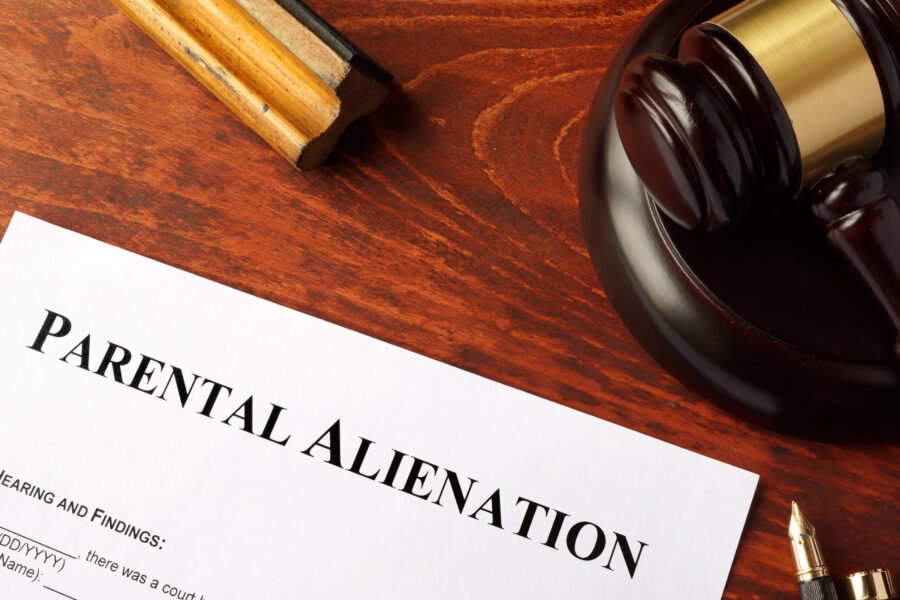
Understanding Parental Alienation: Signs, Impact, and Legal Remedies in Ontario
Parental alienation occurs when one parent tries to turn the child against the other parent. The parent may use a variety of tactics to accomplish this aim. One study even found that the alienating parent exhibits behavior similar to a cult leader in getting their child to go along with them. The parent may continuously disparage the other parent to the child and make devotion to them a loyalty test that the child must pass.
Signs of Parental Alienation
It is essential that you spot signs of parental alienation in your child early so you will be prepared to proactively intervene. We often see the following sorts of behaviours from alienated kids:
- One Sided: The child views the parents in a one-sided, all good or all bad manner. The child idealizes one parent and devalues the other: [the child] is unable to articulate any good memories of time with the target parent and/or good qualities of that target parent. The child believes that the ‘target’ parent is always wrong, no matter what.
- Reasons never make real sense: The child expresses trivial, false and irrational reasons to justify hatred: [the child]’s hatred is based on allegations that are without merit. There is no evidence to corroborate allegations of extensive physical abuse, or of bad driving, or of an infested Matrimonial Home.
- Reconciliation out of the question: The child denies any desire at all to repair the relationship. The child denies that counselling with a view to reconciliation is a viable option.
- Manner of Expression: The child tends to speak in the exact words that the alienating parent uses – borrowing their phraseology and manner of expression.
Some lawyers and even judges mistakenly tell alienated parents to just wait. ‘He’ll grow out of it”, they say. That is almost always the wrong advice.
P.A. = Child Abuse
Make no mistake; parental alienation is a form of child abuse that can harm the child far more than anyone else. There are numerous Canadian cases that say as much. By driving a wedge between the child and the other parent, the alienating parent takes away a valuable source of love and support for the child. When a child is subject to parental alienation, there are lifetime impacts. They may be affected in all of their relationships. They may experience significant mental health issues and develop low self-confidence.
How Courts May Respond to Parental Alienation
Most judges are likely well aware of the harmful effects of parental alienation on the child, and they are prepared to take action when you bring the matter to them. Courts have options. Heres are some:
- Change the parenting (custody) order: A court may take steps to preserve the child’s relationship with the alienated parent, and it could even change where the child lives and the amount of time that they spend with each parent. Further, the alienating parent may lose their ability and right to participate fully in making decisions on matters relating to the children.
- Therapeutic intervention: The court may order family reunification therapy or counseling for either or both of the parents and the affected children to address the relationship and the damage that was done to the children and to recommend a path forward to repair relationships.
- Contempt of court: Contempt is an extreme remedy and often difficult to prove. Still, in some cases it can be an effective remedy.
- Supervised parenting time (access): The court may no longer trust the alienating parent to be alone with the children, and future parenting time (access) to them could be supervised.
What a court may do depends on the facts and circumstances of your situation and the severity of the alienation. The public policy of the court system is to have both parents involved in the children’s lives and have a close relationship with them.
Contact an Ontario Family Law Lawyer Today
When you suspect parental alienation, contact the Gene C. Colman Family Law Centre. We can help you take the actions that are appropriate for your particular situation. To schedule a detailed consultation with Gene C. Colman, where we learn about your case and explain your legal options, send us a message through our website or call us today at 888-389-3099.




